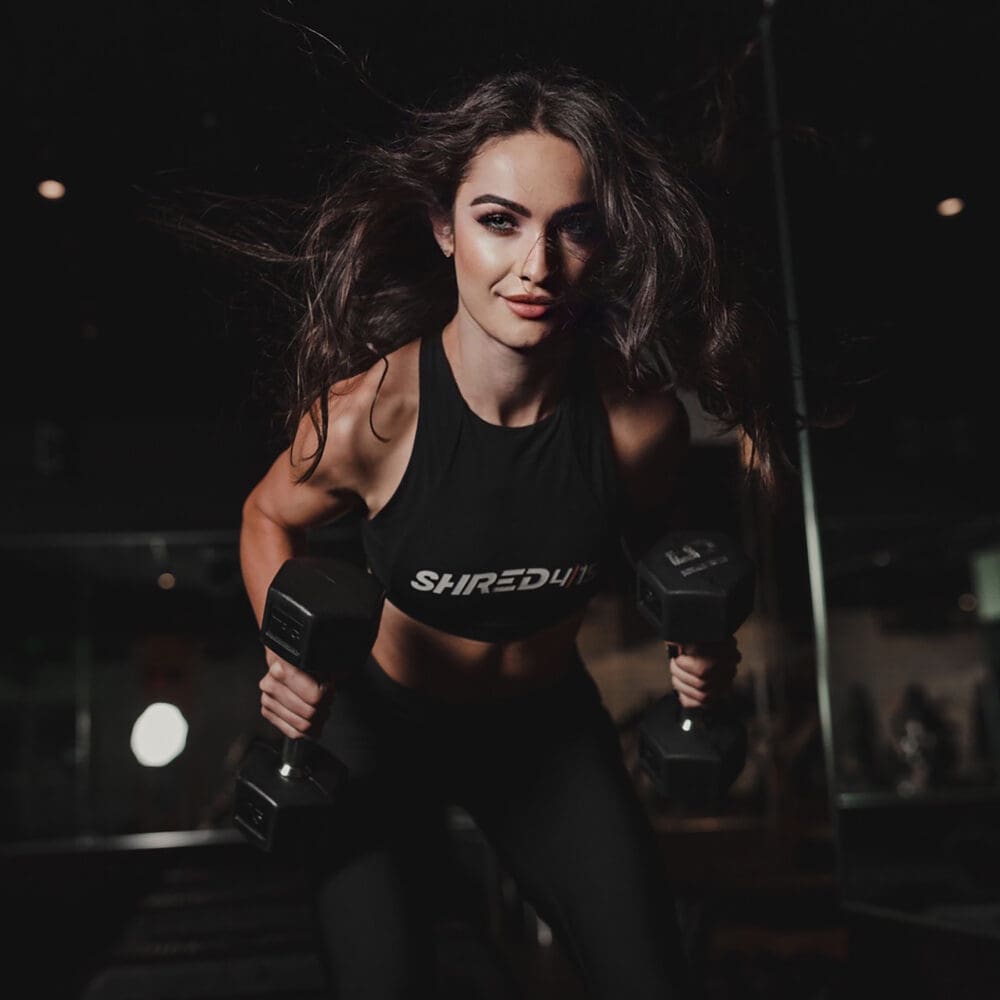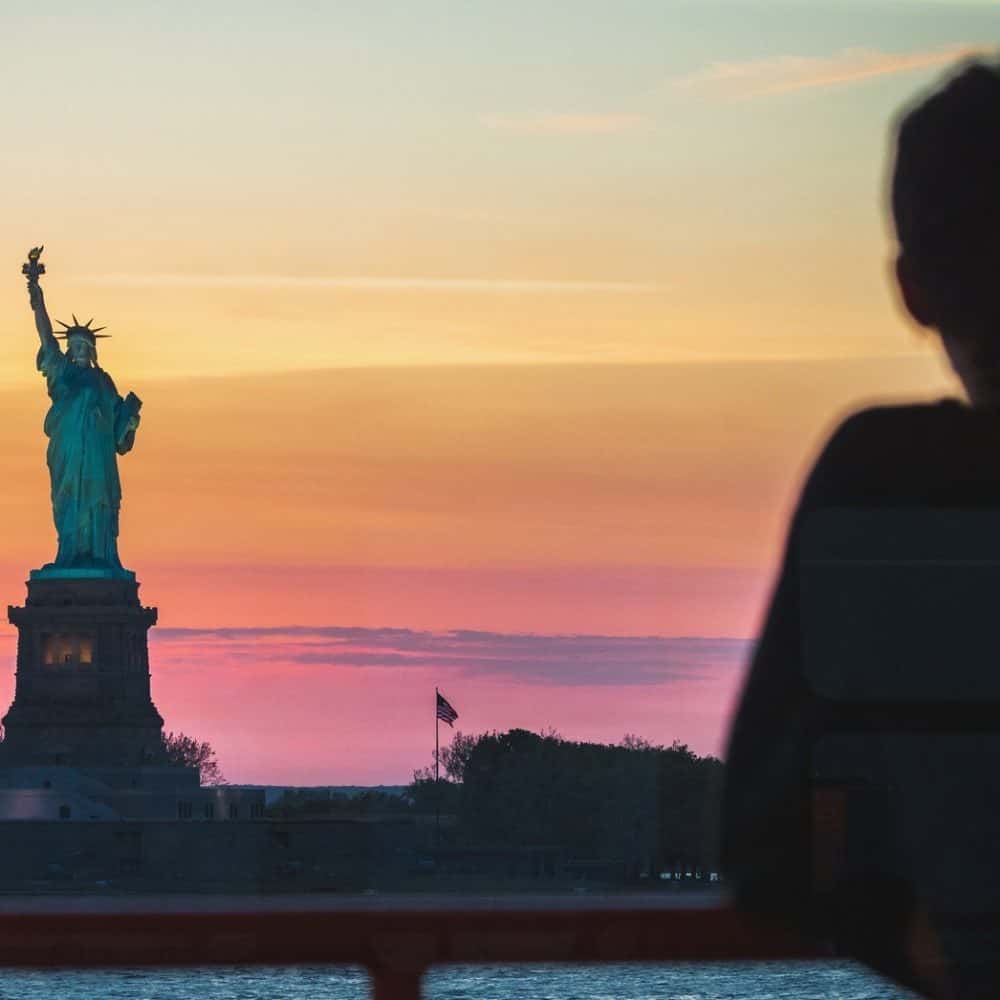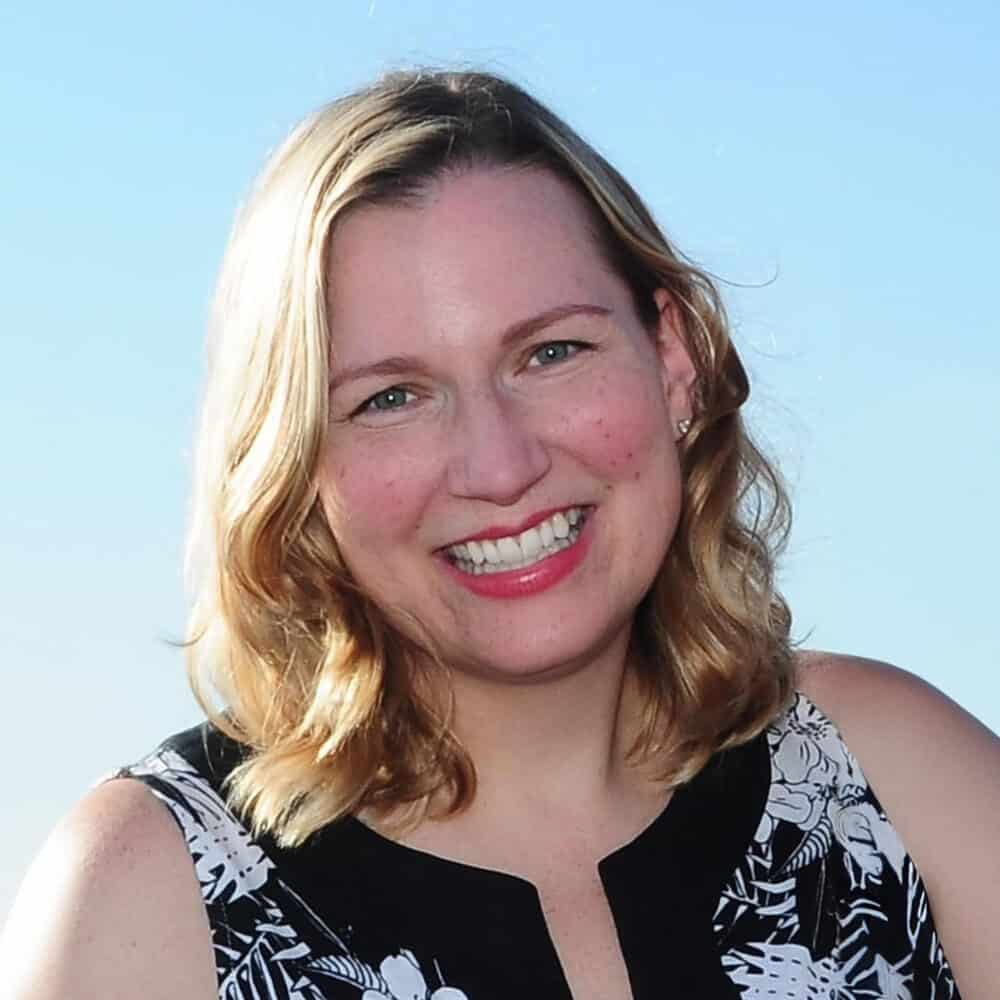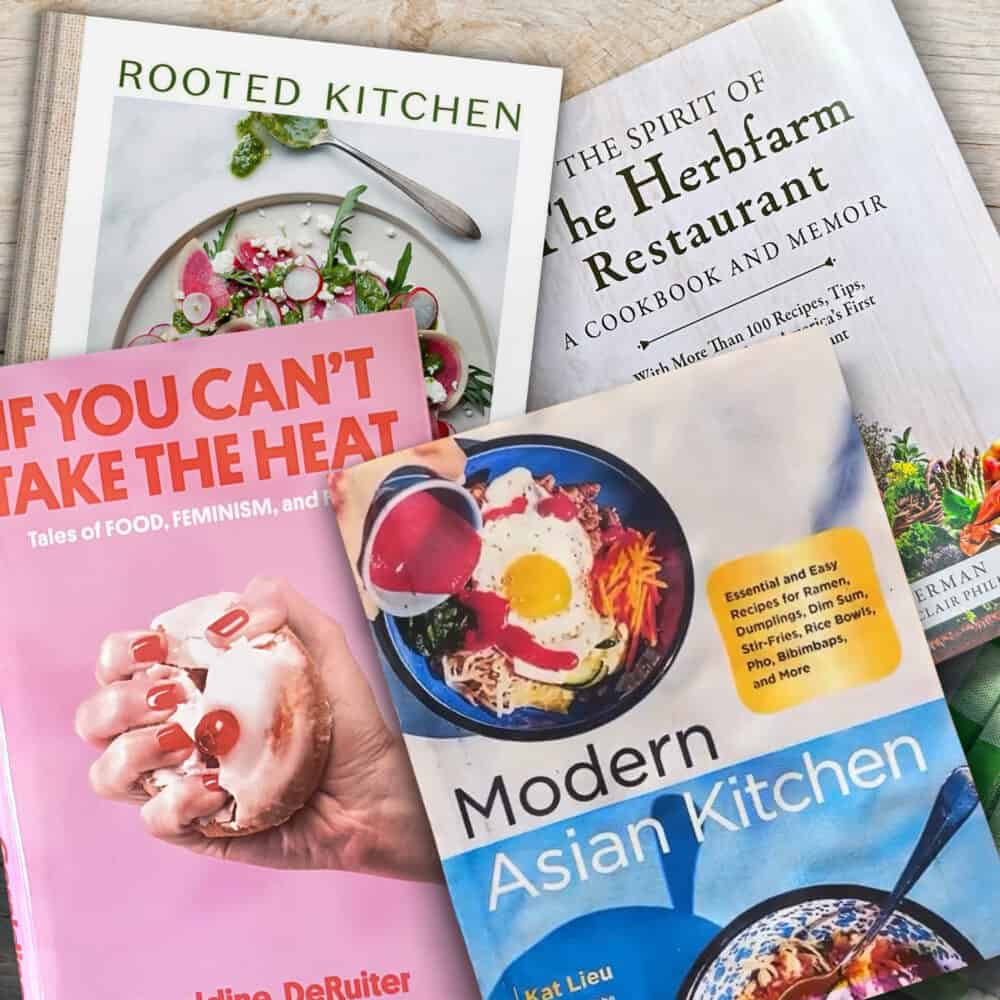Seattle Culture
To Good Health
A big thank you to the unsung heroes working to make our lives better
By Rob Smith August 10, 2022
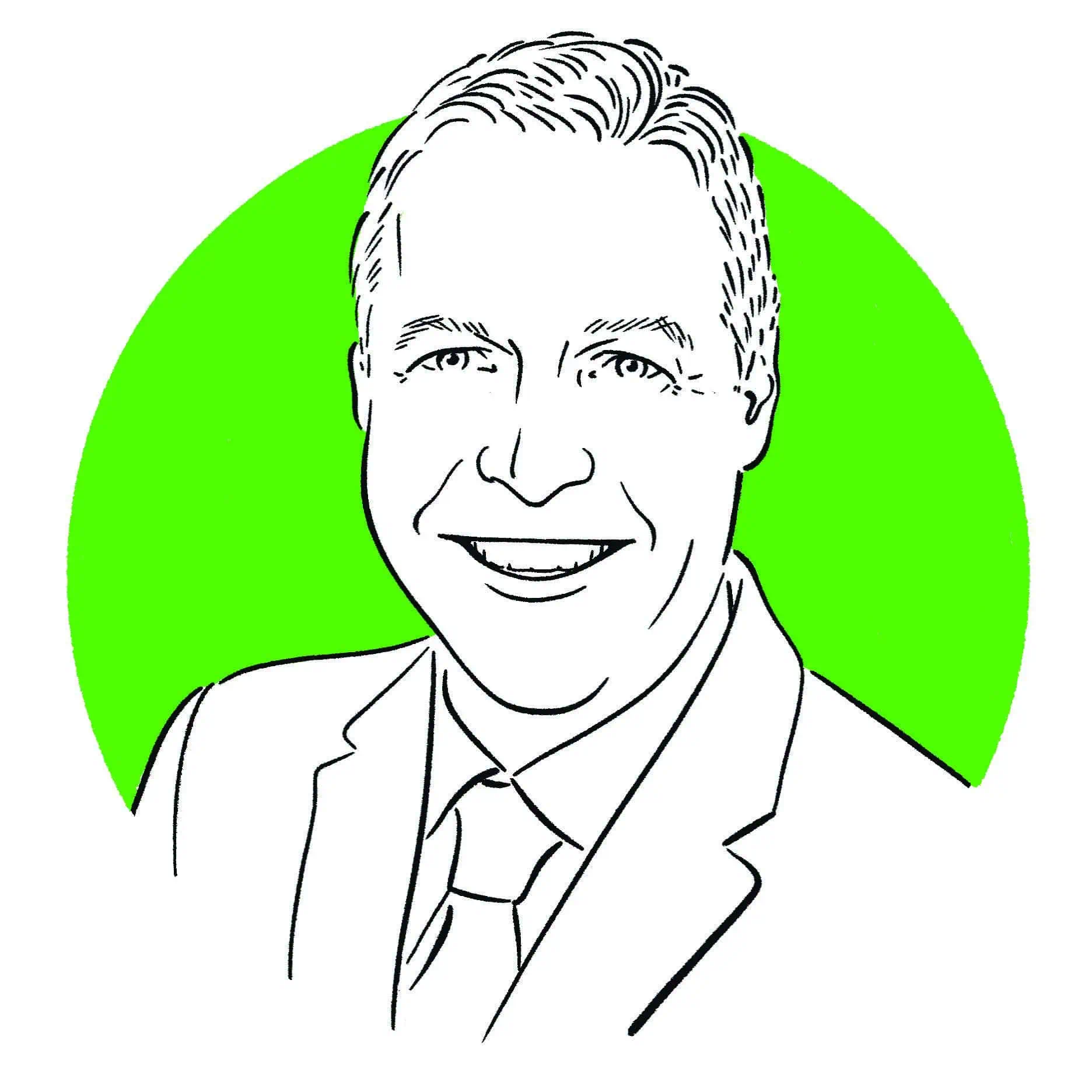
This article originally appeared in the May/June 2022 issue of Seattle magazine.
I could have died.
I didn’t realize it at the time. All the medical professionals told me how “lucky” I was. I didn’t understand until later.
For about a month starting around Thanksgiving, I began experiencing random moments when I was short of breath. I had to pause while walking up steep Seattle hills. I became slightly winded jogging up the 14 stairs in my house. Routine workouts became labored.
Then, two days before Christmas, I was moving a large-screen TV into the trunk of my car when it hit. I couldn’t breathe. At all. I began to sweat, became dizzy and panicked. It took me a full 30 seconds to breathe again, and even then I couldn’t walk 10 feet without becoming light-headed. I had to lean on a piece of furniture every time I stood up.
After testing negative for Covid, I grudgingly accepted that this wasn’t simply going away. I went to the ER. The doctor told me I had probably suffered a heart attack. A few more tests revealed something I had heard of but couldn’t define: I had suffered a pulmonary embolism and a small stroke in my brain.
I wasn’t even aware of the stroke. I had no symptoms and have no aftereffects. It was all caused by two huge blood clots in my lungs. The doctor told me I was lucky to be alive. The nurses kept telling me I was surprisingly lucid and engaged. Virtually all the medical providers who looked at my chart widened their eyes and dropped their jaws.
I later discovered that I had a significant chance of dying in my driveway, that around 900,000 people each year have a pulmonary embolism in the United States, according to the American Lung Association. A friend who is a retired nurse and health care administrator in Maine told me I was lucky this happened in Seattle. She was familiar with this city’s stellar care all the way across the country.
The stories revolving around cancer care and health in this issue of Seattle magazine are deeply personal to me. Most everyone knows someone who has suffered from cancer. This issue is devoted to those who have dedicated their lives to fighting and eradicating this terrible disease. They are truly heroes.
I have my own heroes who helped during my ordeal. They are too numerous to list, but thanks, especially, to Nurse Darah. She spent time with me, answered my questions and checked in with me frequently. She was very reassuring, explaining in detail why I was there, how well I was doing, and why I needed to take this seriously. She brought me packets of information and served as a care guide. I was sure I didn’t need any of it and told her so. She didn’t back down. Her patient persistence was exemplary. She was very kind and incredibly informative.
A big thanks also to Dr. Michelle Bridges, the pulmonologist I saw shortly before checkout who skillfully managed to stitch the cavalcade of information about my condition into a coherent narrative I could easily understand.
All the medical professionals in this issue – and there are a lot, as this is our annual Top Doctor edition – deserve a big thank you for the selfless, mostly anonymous work they do on our behalf.

